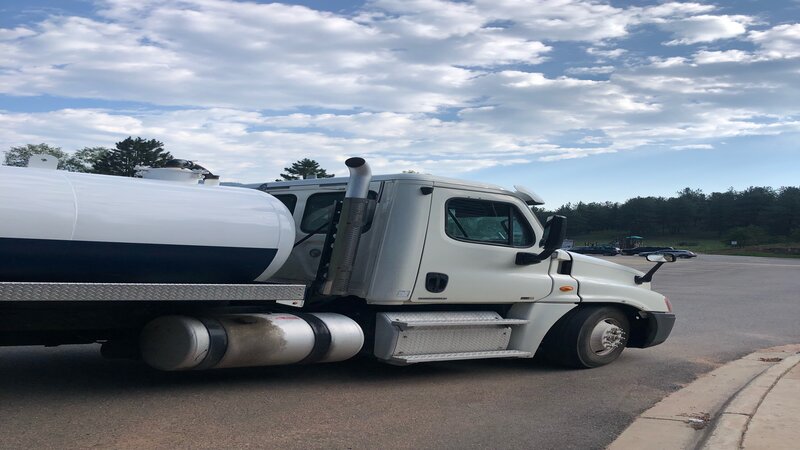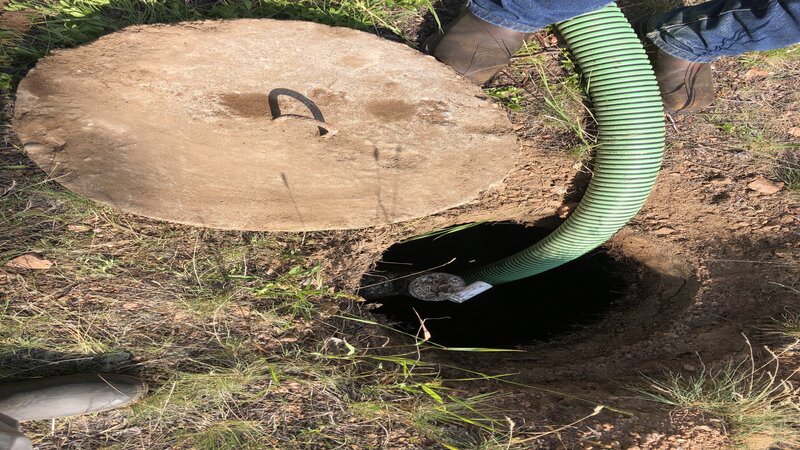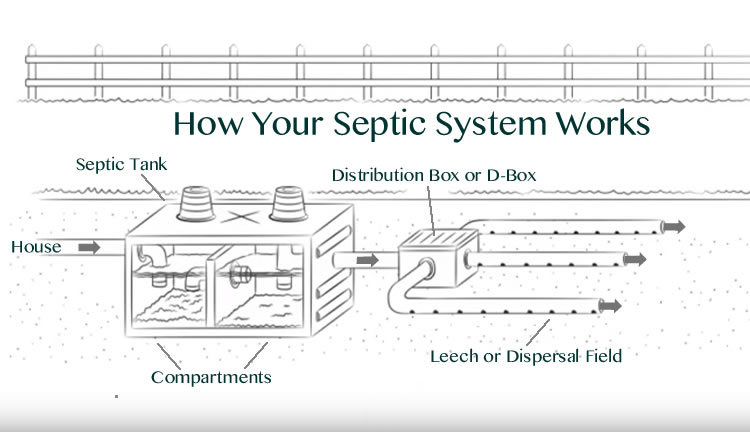These are the worst things you can do to your septic system
.jpg)
This article will help you understand how to maintain your Central Colorado septic system. This article will show you how to save thousands on repairs and replacements for your septic system.
Long-term neglect and abuse are common causes of septic system failures. Sometimes homeowners aren't sure what to do. Septic system failure can present health risks to those around you. They can pollute groundwater supplies, streams, lakes, or ditches. This information can be very useful for homeowners as it will help them understand the cost of replacing their septic system.
Here are 10 things that you shouldn't do to your septic system
#1Avoid allowing potentially poisonous or hazardous chemicals to your septic system. These chemicals include solvents, paint, bleach, antifreeze, gasoline, and pesticides. These chemicals can cause harm to beneficial bacteria. These chemicals can also leach into groundwater and cause serious health and environmental issues. When possible, use environmentally-friendly cleaners and other alternatives. It is crucial to dispose of hazardous waste in the correct facility.
#2If you have a well, it is important that water softener backwash not be released into your system. This could cause harm to the beneficial bacteria that are essential for the operation of your septic system.
#3Avoid using septic tanks starters and similar products that claim to improve the performance of your system. These products can often do more harm than good. It is better to let natural bacteria do the work.
4.To clear your sewers and drains of clogs, use a non-abrasive drain cleaner or granular one. These chemicals won't kill all beneficial bacteria. These chemicals take longer to dissolve and can cause problems with your system's performance. This can lead to increased pump-outs and a higher likelihood of your system clogging.
#5. Garburators are a great way to dispose of food waste and other solids. Septic tanks can quickly become full and will need to be refilled frequently. Pump-outs for sewage. If you have a septic tank, a garburator will not be necessary.
#6It is forbidden to drive, park or use machinery, boats, motor cars, or other heavy objects on the septic system (the leak fields). The dispersal pipes are below the ground and heavy objects can create soil compaction that can hinder your field's ability to drain.
#7It is not a good idea to plant trees, shrubs, or hedges in the vicinity of your septic system dispersal area. If tree roots find pipes that contain nutrient-rich water, they can become very destructive and invasive. It will not happen in your septic field. Tree roots can enter pipes, cracking them, clogging them, and causing expensive repairs and system failures.
#8. Avoid routing roof drains, surface water runoff, and perimeter water from driveways and patios to your tank. This could lead to expensive repairs or replacements.
#9. You should not use your drains or toilets for garbage disposal. You can cause clogs by putting fats and cooking grease down your drain. Clogs can be caused by cooking grease or fats that cool. Disposable diapers and baby wipes should not be flushed down your drain. It is best not to flush liquids that have not been absorbed by your body or your family.
#10. A septic system is not something you should buy or own. It's not worth spending $30,000 on the property you don’t need. Repairs to the septic systems could have been implemented before the sale. This area can be walked through by a good realtor.
You must get another opinion about your septic system problems
Do you have a professional-looking at your septic system? Are you getting a quote so high that your knees hurt and your bank account is begging for mercy? Do you want to be one of these homeowners? This will save you thousands, if not even thousands, of money. It will also keep you from having to pay a dishonest business owner thousands. Septic problems can prove to be costly. Many homeowners feel hopeless and helpless when it comes to septic problems.
This is important to remember: As part of regular maintenance, every property owner with an on-site wastewater treatment system (septic), should have a septic tank pumping out. After an inspection, it is difficult to pay for expensive repairs or replace the tank. You must be confident in your decision if your money is at risk.
Schedule Your Service
.jpg)
These are the worst things you can do to your septic system
You may own a property or home with a septic system, or an onsite wastewater treatment plant in Central Colorado.
Read The Article
How to Properly Maintain Your Sewage Tank
A homeowner or property owner can learn many things about their septic system.
Read The Article
Septic System Information For Home Buyers In Coloardo
The purchase of a home is the most important and largest investment for the majority of us.
Read The Article
How Does Your Septic System Actually Work?
So How Does Your Septic System Actually Clean Your Wastewater? If you’ve ever wondered how your septic system
Read The Article